<p><br></p><p>By [An Inquisitive Citizen]</p><p><br></p><p>Nigeria, Africa’s most populous nation and one of its most resource-rich, is often described as a giant with clay feet. From oil-rich deltas to fertile farmlands, from a vibrant youth population to a booming creative industry, Nigeria has the ingredients for greatness. Yet, the question lingers — who did this to Nigeria?</p><p><br></p><p>This question, simple yet loaded, haunts the consciousness of Nigerians at home and abroad. It echoes in the potholes of once-pristine roads, in the decaying infrastructure of public schools, in the hospitals without medicine, in the persistent flicker of power outages. It is the cry of frustrated generations, the lament of a nation that seems forever trapped between promise and peril.</p><p><br></p><p>The Legacy of Colonialism — A Starting Point</p><p><br></p><p>To trace Nigeria’s problems, one must begin at the beginning. British colonial rule laid a fragile foundation. Nigeria, as it stands today, was a creation of convenience — an arbitrary amalgamation of diverse ethnic groups with competing interests. The British ran a system built on divide and rule, favoring some regions over others and stoking ethnic tension that persists till this day. But colonialism ended over six decades ago — long enough for a nation to rewrite its future.</p><p><br></p><p>So, who did this to Nigeria, post-independence?</p><p><br></p><p>Military Dictatorships and Stolen Futures?</p><p><br></p><p>From 1966 to 1999, Nigeria was ruled by a series of military juntas, interrupted briefly by civilian rule. These regimes prioritized power over people. Civil liberties were suspended, the press was muzzled, and corruption was institutionalized. Billions of dollars in oil revenue vanished into foreign bank accounts. Infrastructure decayed. Public trust eroded.</p><p><br></p><p>The military may have built roads and universities, but they also built the culture of impunity that still pervades Nigerian governance. Accountability was a joke. Meritocracy died. Mediocrity became the standard.</p><p><br></p><p>Politicians, the New Power Brokers?</p><p><br></p><p>Since the return to democracy in 1999, Nigerians hoped for a new dawn. But that dawn remains elusive. Elected officials — many of whom were recycled military men — entrenched the same practices they once condemned. Politics became the most lucrative business in the country. Elections were rigged, ballots bought, and votes counted under duress. The democratic experiment has largely been hijacked by a political elite disconnected from the masses.</p><p><br></p><p>Today, lawmakers earn some of the highest salaries in the world, while over 60% of Nigerians live below the poverty line. Who did this to Nigeria? Greedy politicians, yes. But also a system that enables them.</p><p><br></p><p>The Citizens’ Complicity?</p><p><br></p><p>But this question cannot be fully answered without turning the mirror on ourselves — the citizens. We celebrate corrupt leaders when they throw money at weddings. We sell votes for a few thousand naira. We shield tribal politicians even when their records are abysmal. We call it “our turn to chop” when one of our own assumes power.</p><p><br></p><p>Corruption in Nigeria is not just top-down — it is deeply horizontal. It lives in exam halls, police checkpoints, church donation envelopes, and even the family unit. A society that rewards dishonesty and punishes integrity cannot thrive.</p><p><br></p><p>Foreign Exploitation and Global Hypocrisy?</p><p><br></p><p>Global actors have also played their part. Oil companies polluted the Niger Delta and funded repression to secure their profits. Western nations offer lectures on good governance while housing the stolen wealth of Nigerian elites. International complicity has allowed corruption to flourish unchecked.</p><p><br></p><p>So, Who Did This to Nigeria?</p><p><br></p><p>The painful truth is — we all did. The military rulers who overthrew democracy. The politicians who stole the future. The traditional rulers who looked away. The civil servants who demanded bribes. The voters who sold conscience for cash. The pastors who turned pulpits into profit centers. The youths who normalized fraud as hustle. The global system that allowed all of it.</p><p><br></p><p>But here’s the twist: if we all did this to Nigeria, then we all can fix it.</p><p><br></p><p>The question, “Who did this to Nigeria?” must evolve into, “What can we do for Nigeria now?” The work of rebuilding is monumental — it will take years of sacrifice, civic education, policy reform, and a total overhaul of value systems.</p><p><br></p><p>Nigeria is not beyond redemption. But the clock is ticking.</p><p><br></p><p>Will we act — or will we ask the same question again in another generation?</p>
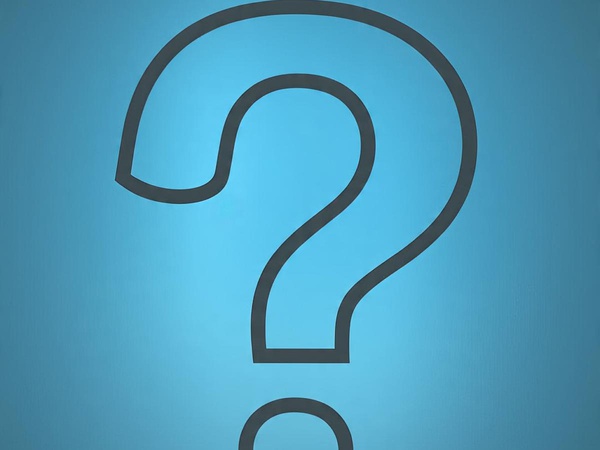
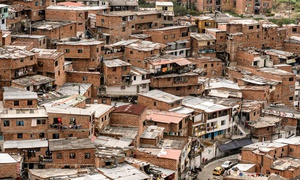
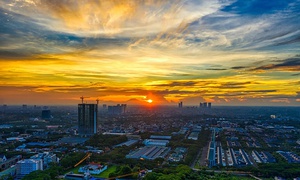
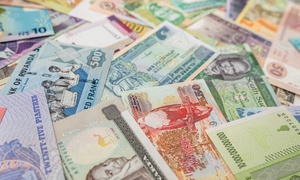

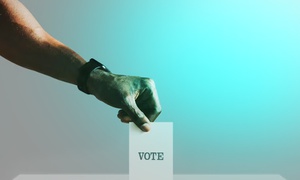
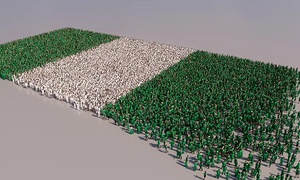


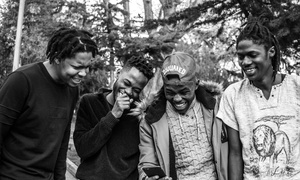










Comments